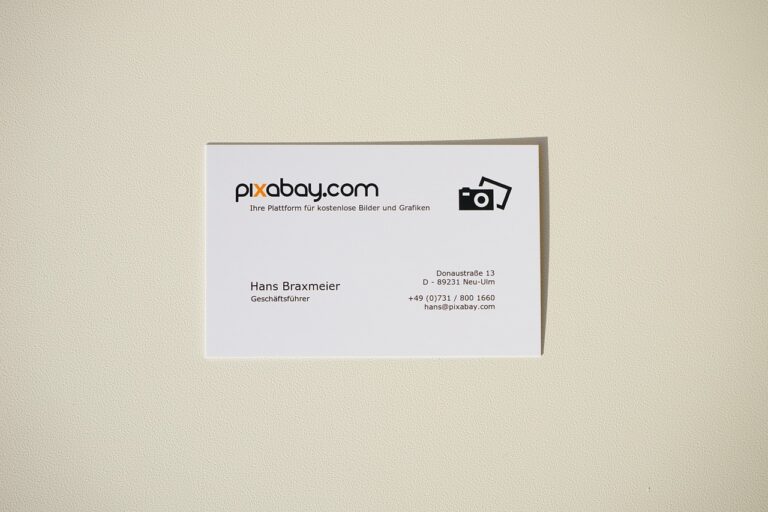Strategies for Effective Content Marketing in a Crowded Digital Landscape
When it comes to establishing a strong online presence for your business, understanding your target audience is paramount. Identifying your ideal customers allows you to tailor your content and marketing strategies to better resonate with their needs and preferences. By recognizing who your audience is, you can create more impactful and effective campaigns that lead to higher engagement and conversion rates.
Through market research and data analysis, you can gain valuable insights into the demographics, behaviors, and interests of your target audience. This information is crucial in helping you craft relevant and personalized content that speaks directly to the individuals you aim to reach. By honing in on your target audience, you can effectively communicate your brand message and value proposition, ultimately driving greater success for your business.
Create High-Quality, Relevant Content
When developing content for your audience, it’s crucial to prioritize quality and relevance. High-quality content not only showcases your expertise and professionalism but also establishes credibility with your readers. Avoid generic or shallow content by ensuring that your material is well-researched and provides value to your target audience.
Relevance is key when crafting content that resonates with your readers. Make sure your content addresses their interests, concerns, and needs. Tailoring your material to match the preferences of your audience will not only enhance engagement but also increase the likelihood of converting readers into loyal followers or customers.
Utilize SEO Best Practices
When it comes to optimizing your online presence, implementing proper SEO techniques is crucial for reaching your target audience effectively. By conducting keyword research and strategically incorporating these keywords throughout your content, you can increase your website’s visibility on search engine results pages. It is essential to optimize your meta tags, headings, and image alt text with relevant keywords to enhance your website’s search engine rankings.
In addition to keyword optimization, building a strong backlink profile is another vital aspect of SEO best practices. Encouraging reputable websites to link back to your content can improve your website’s authority and credibility in the eyes of search engines. Focusing on both internal and external linking strategies can help search engines crawl and index your website more effectively, ultimately boosting your organic traffic.
• Conduct keyword research to identify relevant keywords for your content
• Strategically incorporate keywords throughout your website, including meta tags, headings, and image alt text
• Build a strong backlink profile by encouraging reputable websites to link back to your content
• Focus on internal and external linking strategies to improve search engine crawling and indexing
What is SEO?
SEO stands for Search Engine Optimization, which is the practice of optimizing your website to rank higher in search engine results pages.
Why is it important to identify your target audience?
Identifying your target audience helps you create content that is relevant to their needs and interests, increasing the likelihood of them finding and engaging with your website.
How can I create high-quality, relevant content?
High-quality, relevant content is created by understanding your target audience’s needs and interests, conducting keyword research, and regularly updating and optimizing your content.
What are some SEO best practices to follow?
Some SEO best practices include using relevant keywords in your content, optimizing meta tags and descriptions, creating high-quality and shareable content, and building backlinks from reputable sources.







